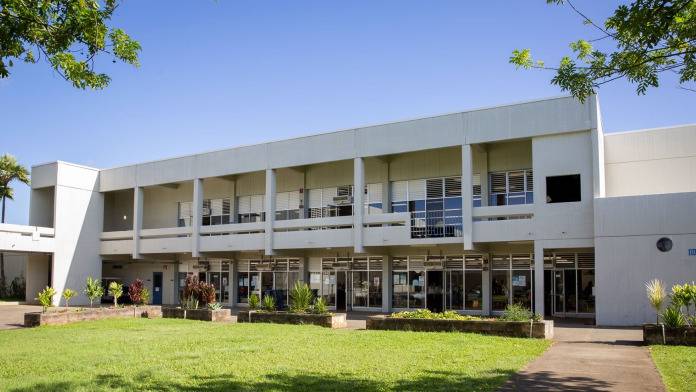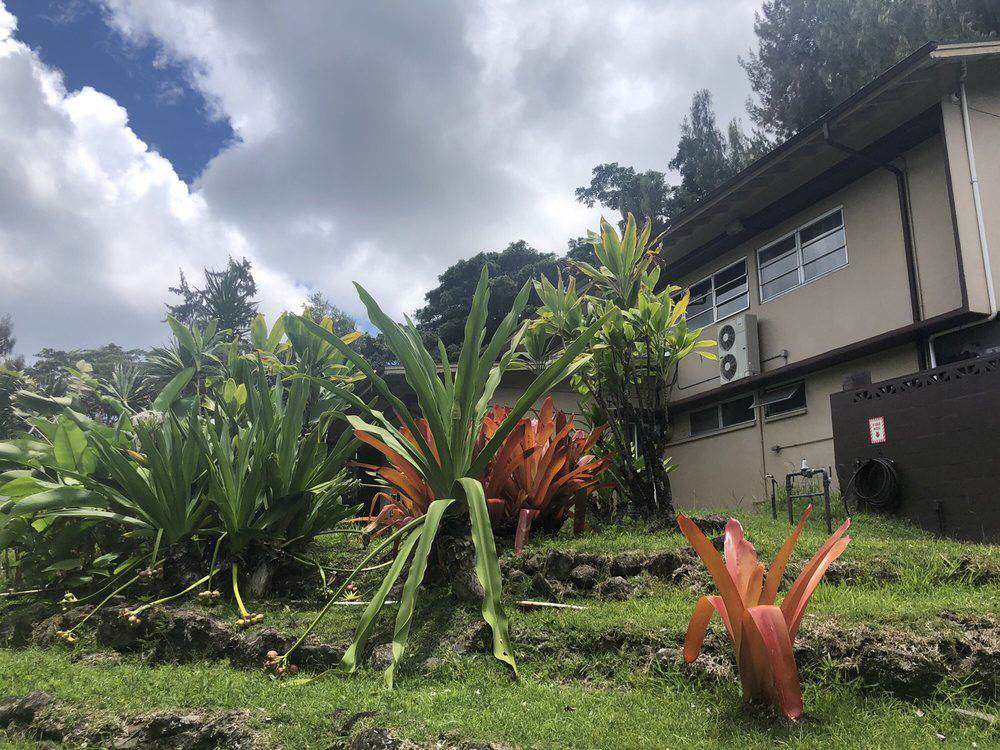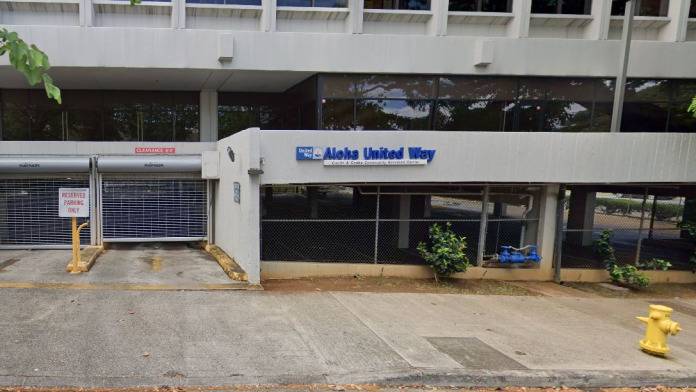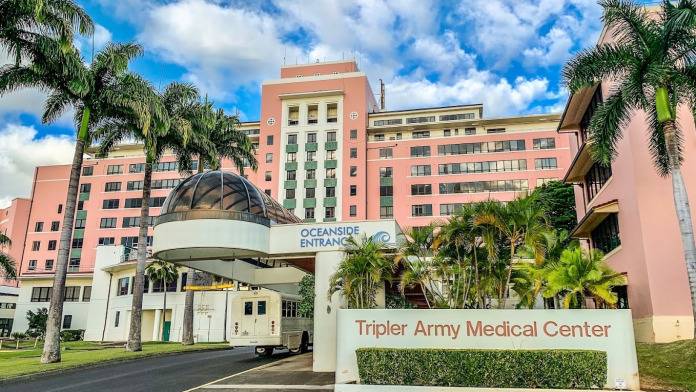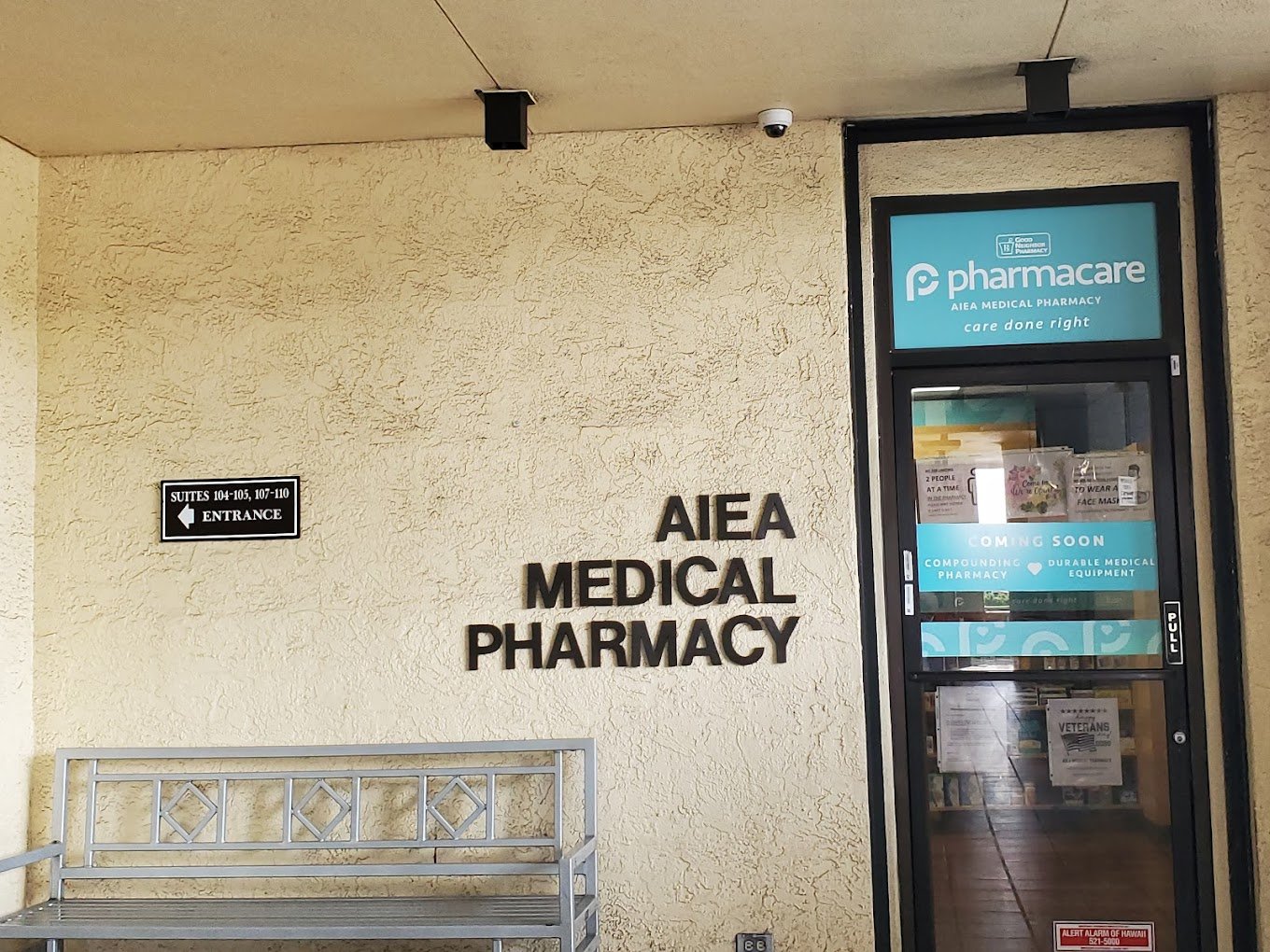Best place to come and learn about yourself and nature. The staff is awesome, they really want you to succeed in life!
About Marimed Foundation for Island
The Marimed Foundation in Kaneohe, Hawaii, is a drug rehab that provides support to male teens aged 14 to 18 years struggling with emotional and educational challenges. Individuals with concurrent mental health issues are also accommodated as well as clients referred from the court system. State mental health agency funds are accepted as well as self-pay.
Inpatient Mental Health & Addiction Treatment
Clients can access support through the center’s structured, staff-secure residential program. Designed for teens, it provides comprehensive treatment and education including mental health services.
Dual-diagnosis treatment is also available to support individuals struggling with substance misuse and co-occurring mental health disorders using an integrated approach.
Private rooms are the norm here and the center is also the proud owner of the Makani Olu. This is a 96-foot, three-masted staysail schooner used for therapeutic sailing voyages.
A Holistic Approach to Addiction Treatment on Oʻahu
Various therapeutic styles are used here through individual, group, and family therapy sessions. Expect to engage in methods like cognitive behavioral therapy (CBT), experiential therapy, trauma therapy, and nutrition therapy. For the latter, this often involves incorporating tailored dietary plans to support overall physical and mental well-being.
Educational and vocational services also feature, as well as therapeutic recreational activities both on land and in the ocean. Some of these inclide canoe paddling, sailing, agriculture, aquaculture, and culinary activities.
The center’s core values are reflected in their anagram CHART, which stands for Community, Honesty, Aloha, Respect, and Teamwork. Combined, these key pillars help youth transform and succeed in their lives. When you’re not in treatment, be sure to check out local natural spots like Coconut Island and Kaneohe Bay, which offer reflective and restorative water experiences.
Latest Reviews
Rehab Score
Location
Addiction Treatments
Levels of Care
Residential treatment programs are those that offer housing and meals in addition to substance abuse treatment. Rehab facilities that offer residential treatment allow patients to focus solely on recovery, in an environment totally separate from their lives. Some rehab centers specialize in short-term residential treatment (a few days to a week or two), while others solely provide treatment on a long-term basis (several weeks to months). Some offer both, and tailor treatment to the patient's individual requirements.
Treatments
Many of those suffering from addiction also suffer from mental or emotional illnesses like schizophrenia, bipolar disorder, depression, or anxiety disorders. Rehab and other substance abuse facilities treating those with a dual diagnosis or co-occurring disorder administer psychiatric treatment to address the person's mental health issue in addition to drug and alcohol rehabilitation.
Mental health rehabs focus on helping individuals recover from mental illnesses like bipolar disorder, clinical depression, anxiety disorders, schizophrenia, and more. Mental health professionals at these facilities are trained to understand and treat mental health issues, both in individual and group settings.
Clinical Services
Cognitive Behavioral Therapy (CBT) is a therapy modality that focuses on the relationship between one's thoughts, feelings, and behaviors. It is used to establish and allow for healthy responses to thoughts and feelings (instead of unhealthy responses, like using drugs or alcohol). CBT has been proven effective for recovering addicts of all kinds, and is used to strengthen a patient's own self-awareness and ability to self-regulate. CBT allows individuals to monitor their own emotional state, become more adept at communicating with others, and manage stress without needing to engage in substance abuse.
Whether a marriage or other committed relationship, an intimate partnership is one of the most important aspects of a person's life. Drug and alcohol addiction affects both members of a couple in deep and meaningful ways, as does rehab and recovery. Couples therapy and other couples-focused treatment programs are significant parts of exploring triggers of addiction, as well as learning how to build healthy patterns to support ongoing sobriety.
Experiential therapy is a form of therapy in which clients are encouraged to surface and work through subconscious issues by engaging in real-time experiences. Experiential therapy departs from traditional talk therapy by involving the body, and having clients engage in activities, movements, and physical and emotional expression. This can involve role-play or using props (which can include other people). Experiential therapy can help people process trauma, memories, and emotion quickly, deeply, and in a lasting fashion, leading to substantial and impactful healing.
Research clearly demonstrates that recovery is far more successful and sustainable when loved ones like family members participate in rehab and substance abuse treatment. Genetic factors may be at play when it comes to drug and alcohol addiction, as well as mental health issues. Family dynamics often play a critical role in addiction triggers, and if properly educated, family members can be a strong source of support when it comes to rehabilitation.
Group therapy is any therapeutic work that happens in a group (not one-on-one). There are a number of different group therapy modalities, including support groups, experiential therapy, psycho-education, and more. Group therapy involves treatment as well as processing interaction between group members.
In individual therapy, a patient meets one-on-one with a trained psychologist or counselor. Therapy is a pivotal part of effective substance abuse treatment, as it often covers root causes of addiction, including challenges faced by the patient in their social, family, and work/school life.
Nutrition therapy, aka medical nutrition therapy (MNT), is a way of treating physical, emotional, and medical conditions through diet. Specific dietary plans are designed by professional nutritionists or registered dietitians, and patients follow them in order to positively affect their physical and mental health.
Trauma therapy addresses traumatic incidents from a client's past that are likely affecting their present-day experience. Trauma is often one of the primary triggers and potential causes of addiction, and can stem from child sexual abuse, domestic violence, having a parent with a mental illness, losing one or both parents at a young age, teenage or adult sexual assault, or any number of other factors. The purpose of trauma therapy is to allow a patient to process trauma and move through and past it, with the help of trained and compassionate mental health professionals.
Staff
Melissa Hebert
President & CEO
Frank Shivers
CFO
Ryan Nobriga
BOD, Chairman
William Tam
BOD, Secretary
Charles Giuli, PhD
BOD, Treasurer
Contact Information
45-025 Likeke Place
Kaneohe, HI 96744


